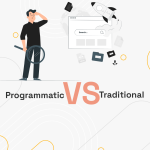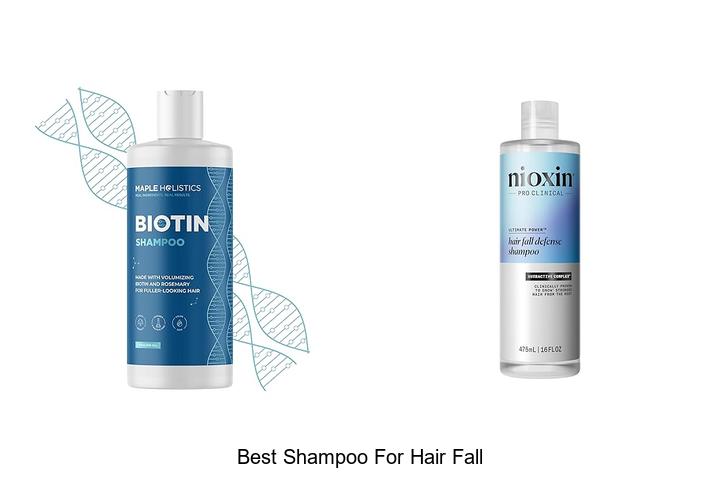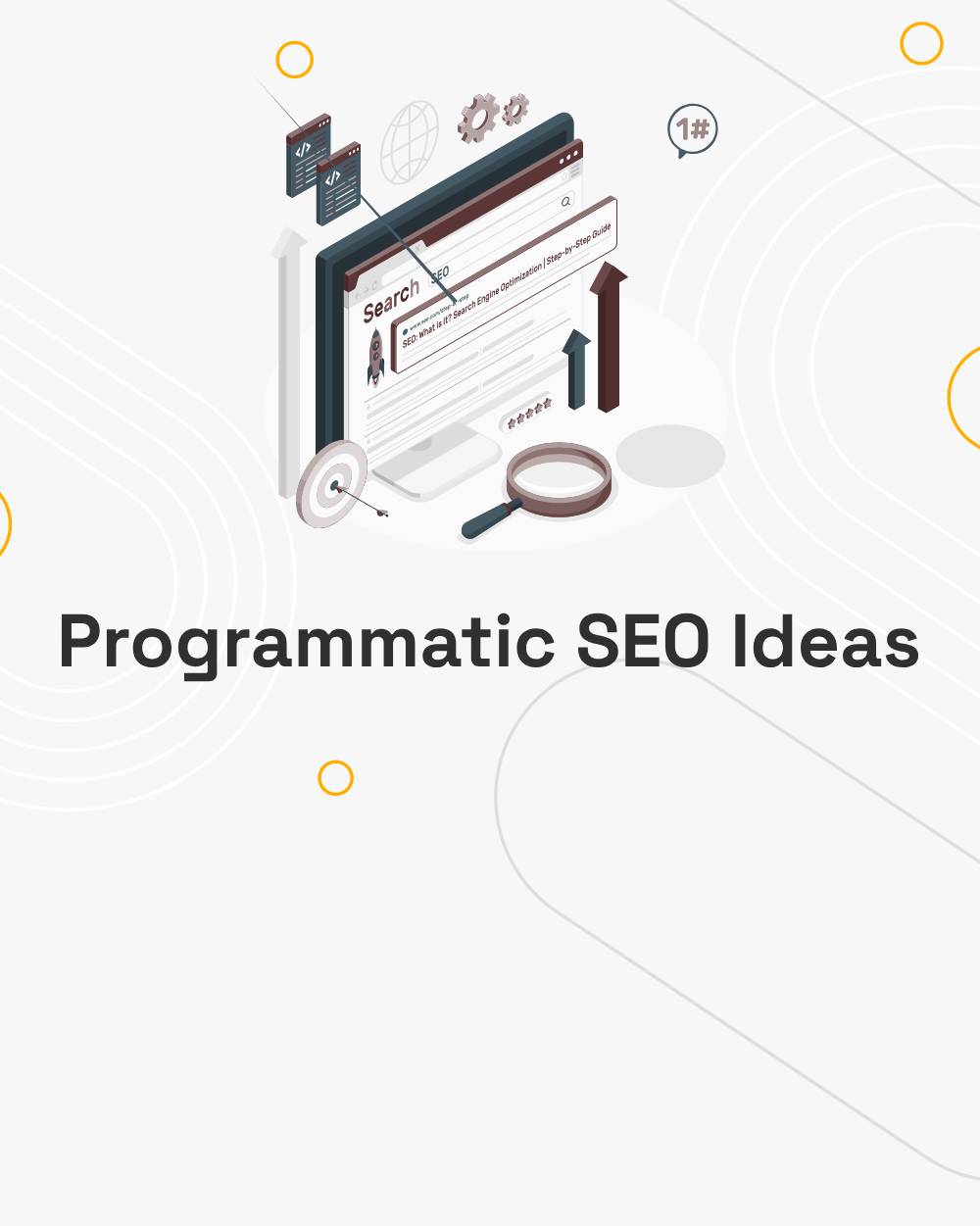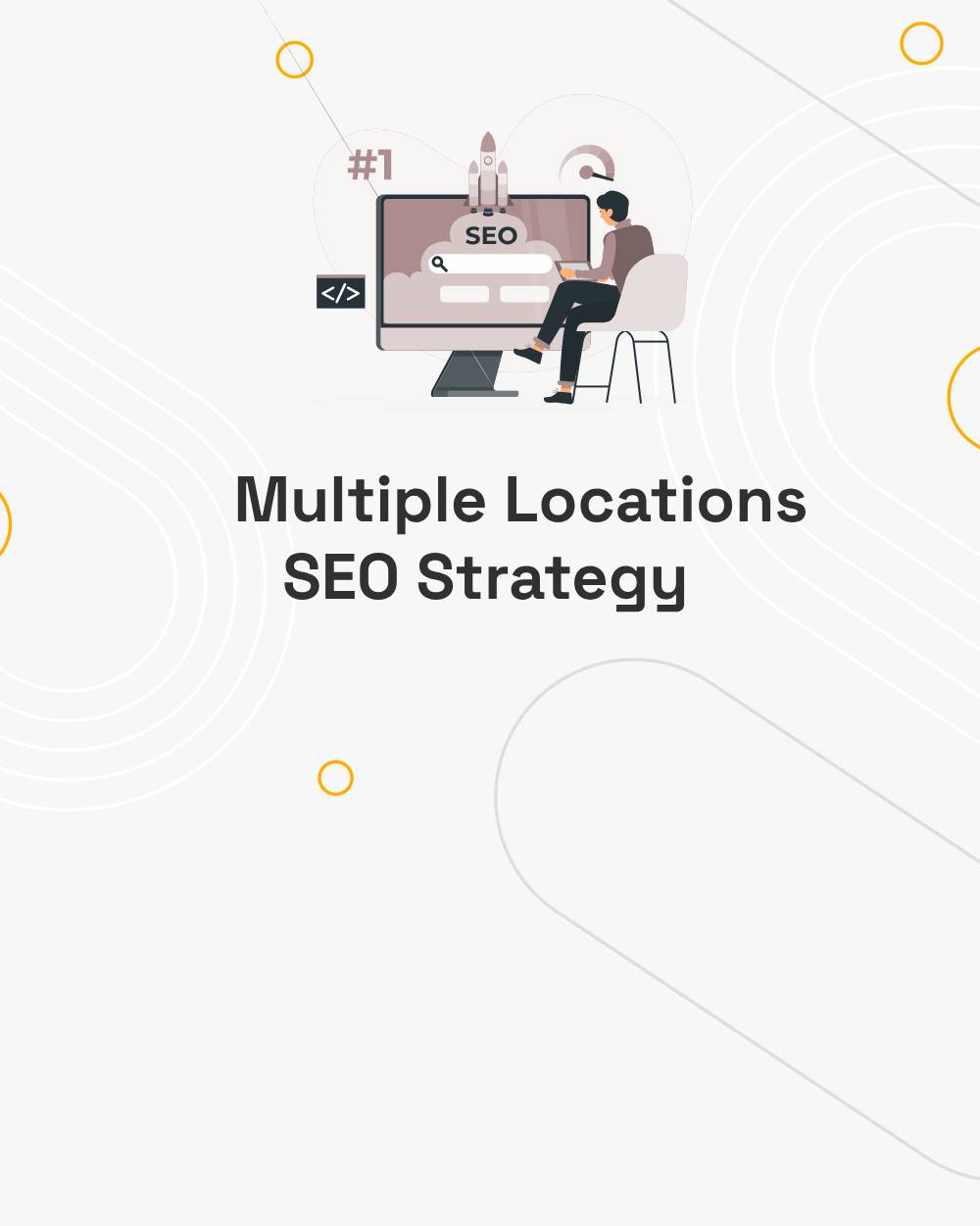The digital marketing landscape is constantly evolving. As technology advances, so do marketers’ tools and strategies to connect with their audience. With 2025 just around the corner, several trends are emerging that will shape how brands engage with consumers in the years to come. From artificial intelligence (AI) and virtual reality (VR) to sustainability-driven marketing and the rise of voice search, these trends are set to revolutionize the marketing world. Let’s explore the key digital marketing trends for 2025 and what brands can expect to see.
1. Search Engine Optimization (SEO)
SEO is no longer just about ranking keywords. In 2025, SEO strategies will focus on creating more sophisticated, context-aware content. Search engines like Google are incorporating AI and machine learning to better understand user intent, context, and the meaning behind queries. This means that SEO strategies will need to prioritize semantic search—optimizing for user experience, content relevance, and conversational keywords.
Voice search is expected to continue its rise, making voice SEO a necessity. Long-tail keywords and natural language will be the focus, as users increasingly search using full sentences or questions.
Moreover, the advent of AI-powered search engines could lead to a major shift in how results are presented. Brands will need to optimize for both traditional and AI-based algorithms, ensuring their content is discoverable in multiple formats.
2. Virtual Reality (VR) Marketing
Virtual Reality is no longer a futuristic concept; it’s becoming a mainstream tool for brands. By 2025, immersive VR experiences will transform how consumers interact with brands. For example, virtual showrooms, product demos, and experiential marketing will enable customers to engage with a brand in highly interactive ways.
Brands in the retail and real estate sectors, for instance, can use VR to offer virtual tours, creating an engaging experience that drives purchases and enhances brand perception. The potential for VR storytelling will also enable marketers to create rich, emotional connections with consumers.
3. AI and Machine Learning
Artificial Intelligence (AI) is becoming more than just a buzzword in marketing. By 2025, AI and machine learning will be embedded in every aspect of digital marketing. From predictive analytics to personalized content recommendations, AI will enable hyper-targeted, data-driven campaigns that adapt to consumer behavior in real-time.
AI-driven automation will streamline repetitive tasks like content curation, email marketing, and social media management. These technologies will allow brands to analyze vast amounts of data quickly, uncover insights, and optimize campaigns for better ROI.
4. Social Commerce
Social media is already a crucial part of any marketing strategy, but by 2025, social commerce will become even more integral. Platforms like Instagram, TikTok, and Facebook will enhance their shopping features, allowing users to make purchases without leaving the app.
In 2025, consumers will expect a seamless experience where they can discover products, make a purchase, and engage with customer support—all from within their favorite social media platforms. Brands will need to build social commerce storefronts and leverage influencers to promote direct buying options.
5. Sustainability and ESG Marketing
As consumers become more environmentally conscious, sustainability and Environmental, Social, and Governance (ESG) marketing will rise to the forefront in 2025. Brands will need to demonstrate a genuine commitment to sustainability, aligning their values with eco-friendly practices.
Marketers will be tasked with telling authentic stories about how products are sourced, manufactured, and distributed, building trust with their audience. Greenwashing—the practice of making false or misleading claims about environmental practices—will be heavily scrutinized, making it essential for brands to adopt transparency in their ESG messaging.
6. User-Generated Content (UGC)
User-generated content (UGC) has proven to be a powerful marketing tool, and its importance will continue to grow in 2025. Consumers trust UGC—whether it’s reviews, social media posts, or video testimonials—more than traditional advertising.
Brands will increasingly harness UGC for authentic marketing campaigns, as it drives social proof and creates a sense of community around their products. In 2025, expect to see more brands integrating UGC into their marketing strategy to increase trust and engagement.
7. AI-Generated Content
As artificial intelligence evolves, AI-generated content will become a cornerstone of digital marketing. Tools like GPT (Generative Pretrained Transformers) will enable brands to automatically create high-quality written, visual, and even video content.
In 2025, marketers will rely on AI to generate blog posts, social media updates, email content, and product descriptions in seconds. While AI-generated content will be an efficient way to scale production, human creativity will still play a critical role in ensuring the messaging resonates with audiences on a deeper level.
8. Artificial Intelligence in Marketing
Artificial intelligence will play an increasingly integrated role across marketing functions. From AI chatbots providing instant customer service to predictive analytics forecasting future trends, AI will help marketers make more informed decisions.
By 2025, expect AI to be deeply embedded in everything from customer segmentation to ad targeting, enabling brands to create dynamic, real-time campaigns that resonate with each individual. AI will allow brands to automate workflows, increase efficiency, and drive conversions like never before.
9. Influencer Marketing Evolution
Influencer marketing will continue to evolve, with a stronger focus on micro-influencers and nano-influencers. These smaller influencers often have more engaged, loyal audiences, leading to higher conversion rates.
Additionally, AI tools will assist in identifying the right influencers based on their audience demographics, engagement levels, and content alignment. By 2025, influencer collaborations will move beyond sponsored posts, embracing long-term partnerships and integrated campaigns that feel authentic to consumers.
10. Personalization at Scale
Personalization has been a trend for years, but in 2025, personalization at scale will become a major focus. With AI and big data, brands will be able to deliver personalized content, products, and experiences to every consumer at an individual level.
This personalization will go beyond emails and website content. Consumers will expect tailored recommendations, personalized ads, and customized offers that match their preferences and behaviors in real-time. Brands that can offer this level of personalization will stand out in the crowded digital marketplace.
11. Personalized Customer Experiences
By 2025, customer experience (CX) will become a major differentiator for brands. Personalization won’t just be about products or content—it will extend to how brands interact with customers across all touchpoints. From website design to customer support, consumers will expect every interaction to be personalized to their needs and preferences.
Expect brands to leverage data, AI, and machine learning to create hyper-personalized experiences that feel intuitive and effortless. Whether it’s through personalized product recommendations, dynamic pricing, or tailored emails, customers will expect a seamless journey every step of the way.
12. Privacy-First Marketing
As concerns about data privacy continue to grow, privacy-first marketing will become a critical focus in 2025. With regulations like GDPR and CCPA already in place, marketers will need to ensure they handle customer data responsibly and transparently.
Privacy-first marketing will require brands to rethink their data collection practices and provide users with more control over their data. Companies that prioritize consumer trust and demonstrate a commitment to ethical marketing practices will win over customers in an increasingly privacy-conscious world.
13. Video Dominance
Video has been a dominant force in marketing for years, and by 2025, it will only become more prominent. With platforms like YouTube, TikTok, and Instagram continuing to thrive, video content will be critical to driving engagement and conversions.
Short-form videos, live streaming, and interactive video ads will become essential tools in a brand’s marketing toolkit. Whether it’s through shoppable videos, tutorials, or behind-the-scenes content, video will continue to be one of the most effective ways to connect with consumers.
14. Content is Still King
Despite all the technological advancements, content will remain at the core of digital marketing. In 2025, brands will need to create compelling, high-quality content that resonates with their target audience. Whether it’s blog posts, videos, infographics, or podcasts, content will continue to be the foundation of marketing strategies.
Brands will need to be more creative and intentional with their content, focusing on providing value to their audience, solving problems, and telling authentic stories.
15. Data Privacy and Ethical Marketing
Consumers are becoming increasingly aware of how their data is used, and they expect brands to act ethically. Ethical marketing practices—being transparent about data collection, respecting privacy, and acting with integrity—will become non-negotiable in 2025.
Data privacy will continue to be a central concern, with brands needing to adopt more responsible and transparent data management practices to gain and maintain consumer trust.
Conclusion
The future of digital marketing in 2025 is shaped by innovation, technology, and evolving consumer expectations. SEO, AI, VR, social commerce, and sustainability will play major roles in how brands connect with their audience. Personalization, privacy, and ethical marketing will define successful strategies, and the seamless integration of AI and machine learning will optimize every aspect of marketing.
By staying ahead of these trends, brands can ensure they are prepared for the future and able to create authentic, meaningful relationships with their customers. In this dynamic digital landscape, adaptability, creativity, and consumer-first thinking will be the keys to success.




